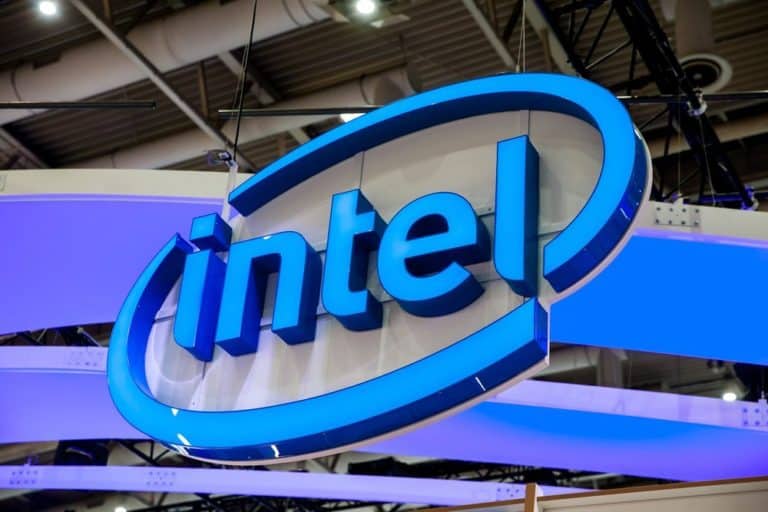Intel is trying to win over wireless 5G service providers that need help managing growing volumes of virtualized workloads, with a new product. The company launched a new field-programmable gate array-based (FPGA) acceleration card called N3000 during the Mobile World Congress in Barcelona. That’s what Silicon Angle reports.
The chip manufacturer said that it expects that the roll-out of 5G services and a shift towards network functions virtualization will lead to a growing demand from network providers for low-latency FPGAs and the higher bandwidth that 5G offers. This requirement is mainly driven by a growth in the number of connected ‘edge’ devices and the resulting growth in new data traffic.
Operation
Intel states that its new accelerator card combines low latency FPGAs – which are chips that can be reprogrammed for specific types of workloads – with “enhanced mobile bandwidth”, to create a larger data pipeline for machine-to-machine connections.
The company states that the card is designed for 5G providers who want to offer fast virtualized radio access frameworks combined with NFV capabilities. The approach should accelerate virtualized workloads from core network applications to 5G radio access networks.
The N3000 Acceleration Card works by improving the performance of the data plane. It should be able to accelerate network traffic by up to 100 GB per second and can support in-memory data processing for high-performance applications.
Affirmed Networks
One of Intel’s partners, Affirmed Networks, said that its cloud-native application container network saw a 50 percent reduction in the use of resources when these increased data traffic loads are handled. “5G is a transformation technology and it requires advanced network virtualization infrastructure with an agile software architecture,” said Ron Parker, chief architect at Affirmed Networks.
Affirmed Networks has developed a 5G core network platform based on Intel’s FPGA accelerator card that achieved 200 GBps per server performance. According to the company, the FPGAs provided ‘smart’ load balancing and CPU cache optimization.
This news article was automatically translated from Dutch to give Techzine.eu a head start. All news articles after September 1, 2019 are written in native English and NOT translated. All our background stories are written in native English as well. For more information read our launch article.